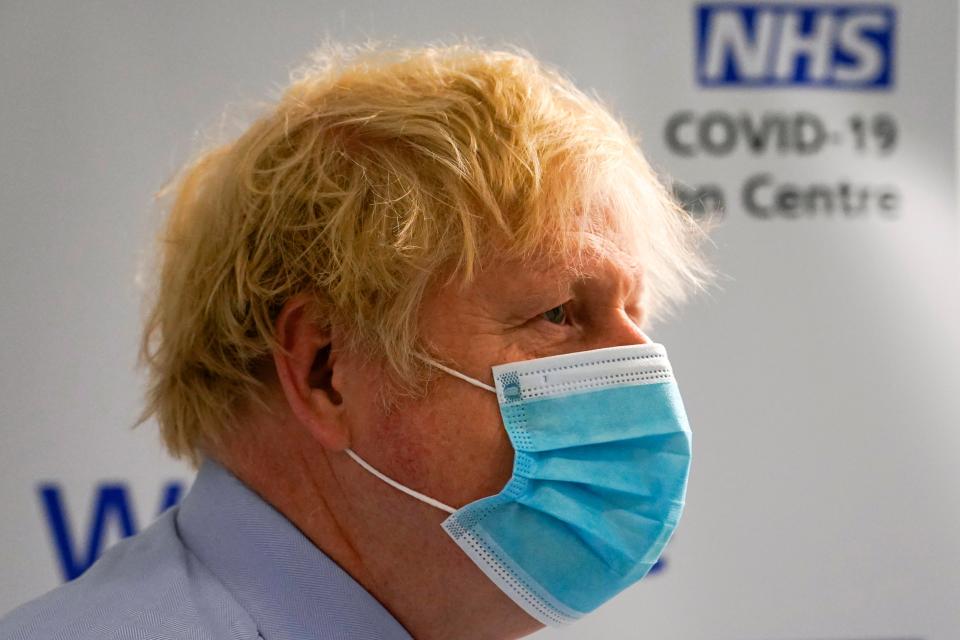UK must be prepared for ‘significant flu epidemic’ this winter, says government adviser

The UK needs to be prepared for a potentially “significant flu epidemic” this winter but can “counter” the issue with seasonal flu shots, a government scientific adviser has said.
Professor Neil Ferguson, who last week said the country was at the beginning of a third wave of Covid, suggested seasonal influenza would “likely be a significant issue” towards the close of 2021.
His comments echo those of England’s chief medical officer, professor Chris Whitty, who warned last week about the possibility of returning to a conventional flu surge or a “very significant Covid surge” in the winter.
And speaking earlier this week, Boris Johnson also suggested there could be a “rough winter” with pressures on the NHS for “all sorts of reasons”, including flu cases.
Pressed on the comments from professor Whitty and whether conventional flu likely to a bigger problem due to low levels in 2020, professor Ferguson said: “I think seasonal influenza is likely to be a significant issue coming into the autumn and winter because all the measures we adopted against Covid around the world drove flu to very low levels.”
“We can counter that with seasonal flu shots which will be rolled out in the autumn, but I think we do need to be prepared for a potentially quite a significant flu epidemic probably late this year, early next year.”
However, professor Ferguson, a member of the government’s SPI-M modelling group, struck a more upbeat tone on the current Covid situation, saying the overall picture was “encouraging”.
“We are seeing as we expected rises in case numbers across the country, but they have slowed slightly compared with a couple of weeks ago.
“We’ve seen rises in hospitalisations and indeed in deaths, but again they are at a much lower level compared with cases than they were previously, demonstrating the high effectiveness of vaccines in protecting people, particularly against severe illness”.
But he declined to be drawn on whether the government should lift remaining Covid restrictions on 5 July — the date set by the prime minister to review the situation — or 19 July when Mr Johnson said he hopes to ease all measures in England.
“I don’t think I have a personal view on which is preferable,” professor Ferguson told BBC Radio 4’s Today programme.
“I’m busy analysing the data going through. One of the purposes of the delay was to allow scientists such as myself to analyse the data and provide a more conclusive picture to government to make that decision. That data is proving encouraging but I would want to speculate on which data is more appropriate.”
While government ministers have played down the prospect of easing restrictions in England on 5 July, the prime minister and his cabinet ministers have insisted it is “looking good” for the 19 July — something Mr Johnson has referred to as the “terminus point”.
According to The Times, ministers have been encouraged by low numbers of deaths from Covid-19 and are optimistic remaining restrictions, including social distancing and face coverings, can be lifted next month.
Read More
UK weather: The latest Met Office forecast
Covid: Chris Whitty warns current wave could be ‘significant’ and expects winter surge
Covid: Third wave has begun and new lockdown curbs ‘not impossible’, government advisers warn

 Yahoo Finance
Yahoo Finance 